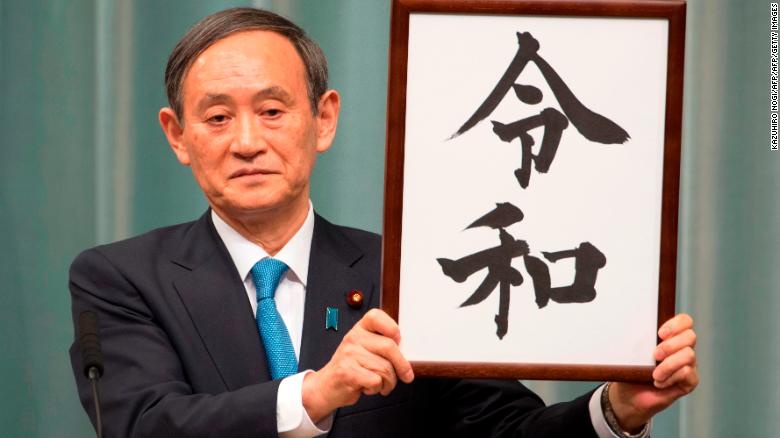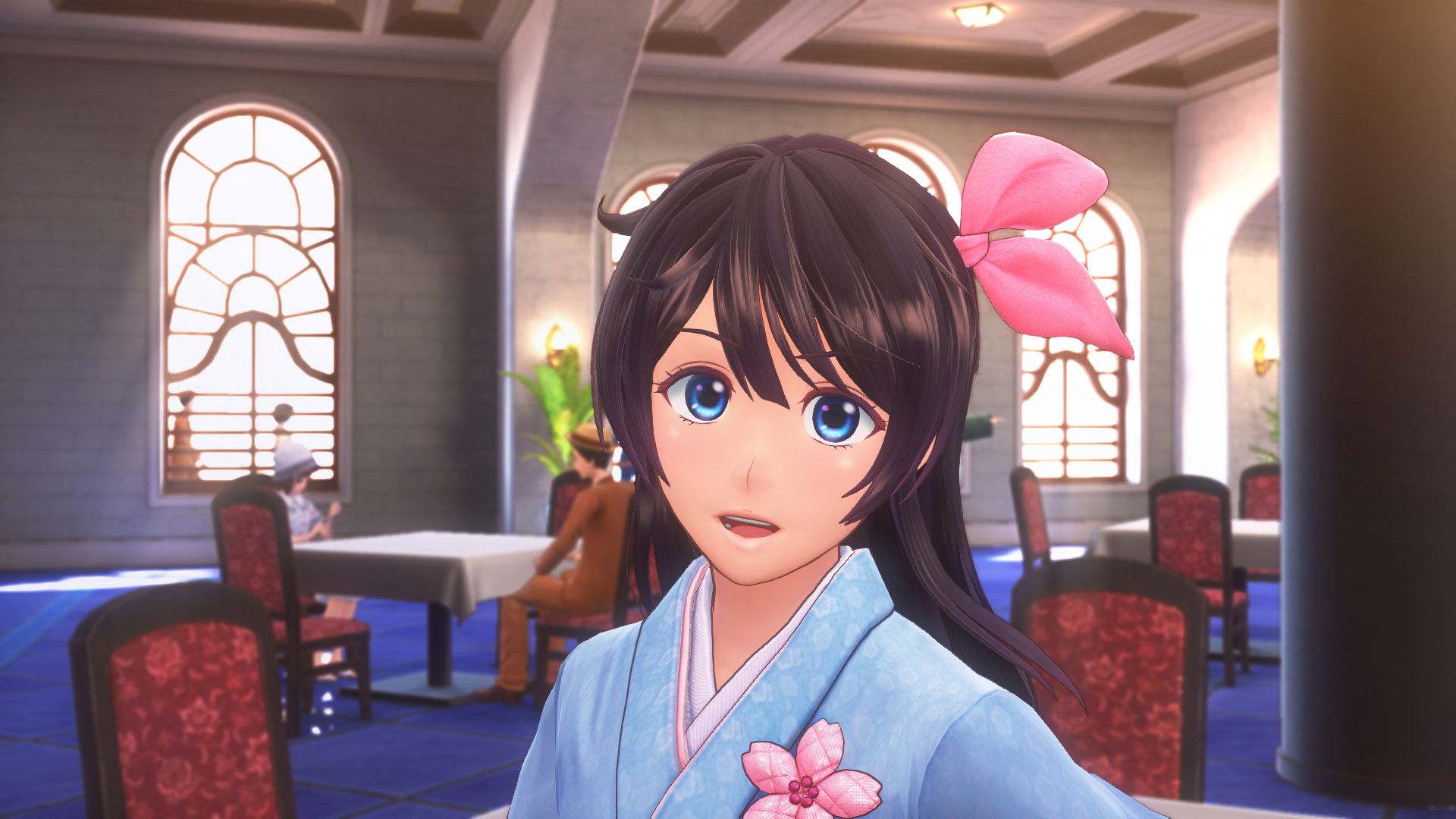The Replaying Japan committee is glad to announce that the next conference will be held at the University of Liège, Belgium, in 2020, and hosted by the Liège Game Lab. The conference theme is “Ludolympics 2020”, reflecting the increasing interest in the development of e-sports in the light of the upcoming Tokyo Olympics. I am sharing the CFP, which you can also find at the official conference webpage.
_________
Replaying Japan 2020: The 8th International Japan Game Studies Conference
Conference theme: “Ludolympics 2020”
Date: August 10-12, 2020
Location: University of Liège (7 Place du 20-Août, 4000 Liège, Belgium)
Proposals in Japanese are most welcome! 日本語での発表要旨も受け付けます。
Call for Papers
Since 2012, the Replaying Japan conference has hosted researchers from various fields conducting research on Japanese game culture. The eighth conference is being organized by the Liège Game Lab (a research group specialized in the study of video games as a cultural objects in French-speaking Belgium) in collaboration with the Ritsumeikan Center for Game Studies, the University of Alberta, the University of Delaware, Bath Spa University, Seijoh University and DiGRA Japan.
This year’s conference theme will be “Ludolympics 2020”. Particular attention will therefore be paid to the relationship between games and sport in Japan, to the Japanese esport scene and its cultural specificities (see Goto-Jones, 2016; Harper, 2014) and to competitive video game practices (Taylor, 2012 ; Hamari & Sjöblom, 2017 ; Witkowski, 2012 ; Besombes, 2016), but also, more generally, to the notion of video game performance and to the mediatization or spectacularization of this performance.
Through the prism of this theme, fundamental aspects of games and play will be questioned: the physicality of the playing practices, the place of competition in Japanese game culture, the role of rules and conventions in games and play (Salen and Zimmerman, 2004), as well as the possibilities of bypassing these rules (through cheating, for instance; Consalvo, 2009) or the spaces of appropriation that they allow (visible in the amateur practices, fan creations or doujin circles, among others).
Furthermore, esports are a common and robust entry point into the study of Japanese video games, their surrounding industry, their history, structuring, cultural variants (through the multiplicity of competitive game scenes, for example), and their surrounding economy. Competitive gaming has been an important vector for players’ professionalization and has led to the emergence of new figures in game culture: pro-players, commentators, streamers, video makers, speedrunners, specialized journalists, etc.
Beyond video game practices in the strict sense, the conference will thus focus on the different forms of mediatization of these practices inside and outside Japan. How are game performances commented, represented, transformed into spectacles? What media formats and discourses are being invented to promote them? What “paraludic” cultural practices are developing around these scenes and communities?
Lastly, the inclusion of (competitive) play in society and the many societal issues it raises must be questioned: the issue of the (in)accessibility of games (especially in the competitive field), the minority representation in this domain or the political tensions it harbors are topics that also deserve further attention.
Proposals that address these different issues are thus welcome, but these should not be understood in a restrictive sense. This conference focuses broadly on Japanese game culture, education, and industry. It aims to bring together a wide range of researchers and creators from many different countries to present and exchange their work. We therefore also invite papers on other topics relating to games, game culture, video games and education, and the Japanese game industry from the perspectives of humanities, social sciences, business, or education. We encourage poster/demonstration proposals of games or interactive projects related to these themes.
Submission Guidelines
Abstracts must be submitted through the platform EasyChair, following this link: <https://easychair.org/conferences/?conf=rj2020>
Abstract registration deadline: February 3, 2020
Notification of Acceptance: April, 2020
All papers must be original. The following paper categories are welcome:
- Full papers, posters/demos and short papers: please send anonymized abstracts (pdf) of no more than 500 words in English or Japanese
- Panels: panel proposals should have a maximum length of 1500 words, including a description of each presentation and a short biography of each participant; they can be submitted in English or Japanese
Figures, tables and references do not count toward the word limit.
Proposals in Japanese are most welcome! 日本語の発表要旨はrcgs[a]st.ritsumei.ac.jpにご送付ください。詳しくはRCGSのウェブサイトをご覧ください。
Contact Information
Fanny Barnabé <fanny.barnabe@uliege.be>
#replayingjapan
Works cited
Besombes N. (2016), Sport électronique, agressivité motrice et sociabilités, Doctoral thesis in Sports Sciences, Sorbonne Paris-Cité-University, France
Consalvo M. (2009), Cheating. Gaining Advantage in Videogames, Cambridge, MIT Press
Goto-Jones C. (2016), The Virtual Ninja Manifesto: Fighting Games, Martial Arts, and Gamic Orientalism, Lanham, Rowman & Littlefield
Hamari J. and Sjöblom M. (2017), “What is eSports and why do people watch it?”, Internet research, vol. 27, n° 2, pp. 211-232
Harper T. (2014), The Culture of Digital Fighting Games: Performance and Practice, New York, Routledge
Salen K. and Zimmerman E. (2004), Rules of Play. Game Design Fundamentals, Cambridge, MIT Press
Taylor T.L. (2012), Raising the Stakes: E-Sports and the Professionalization of Computer Gaming. Cambridge, The MIT Press
Witkowski E. (2012), “On the Digital Playing Field How We ‘Do Sport’ with Networked Computer Games”, Games and Culture, vol. 7, n° 5, pp. 349-374


